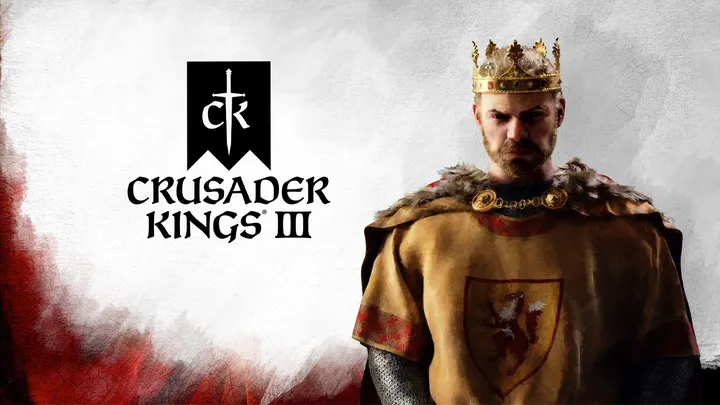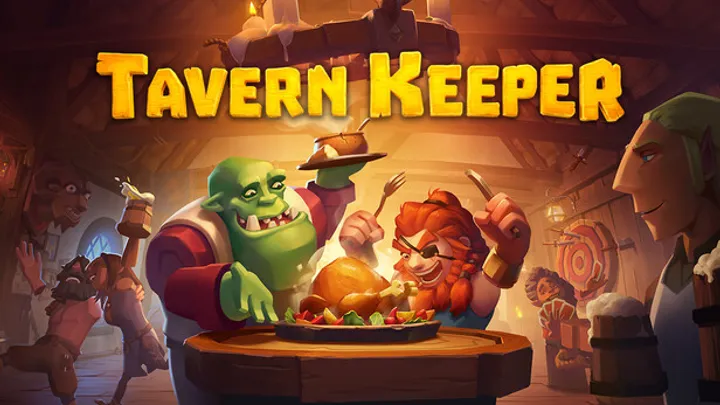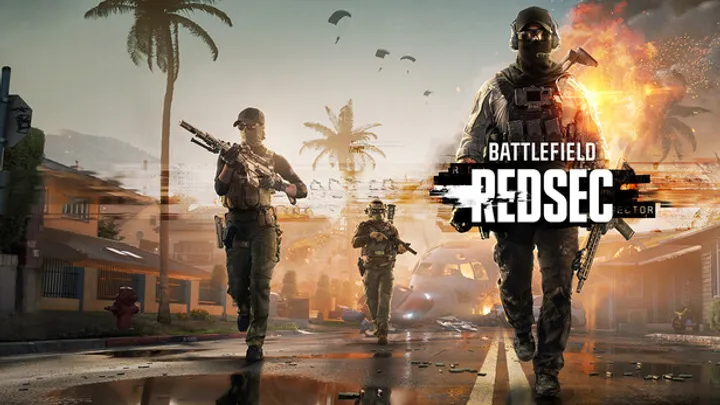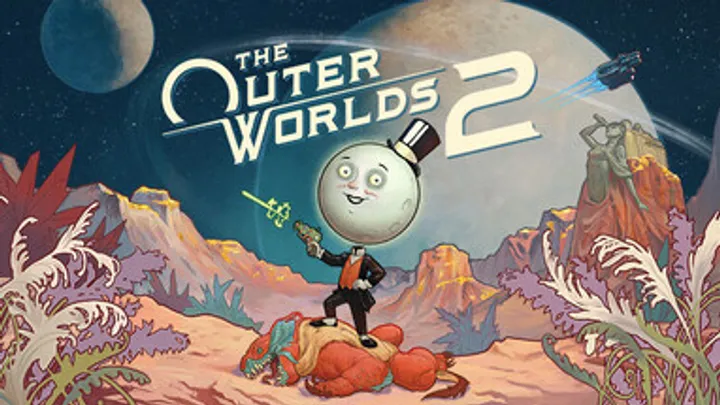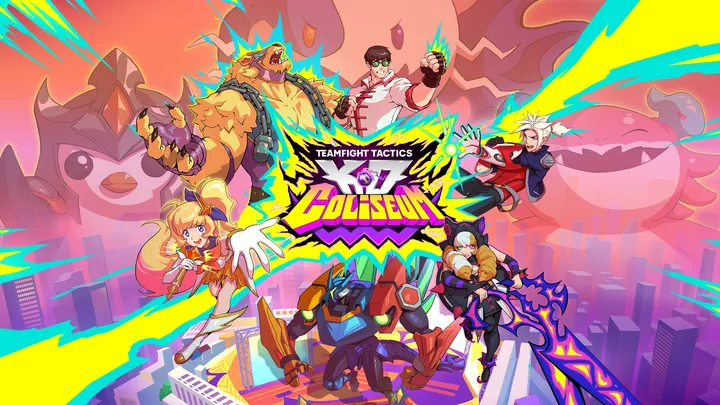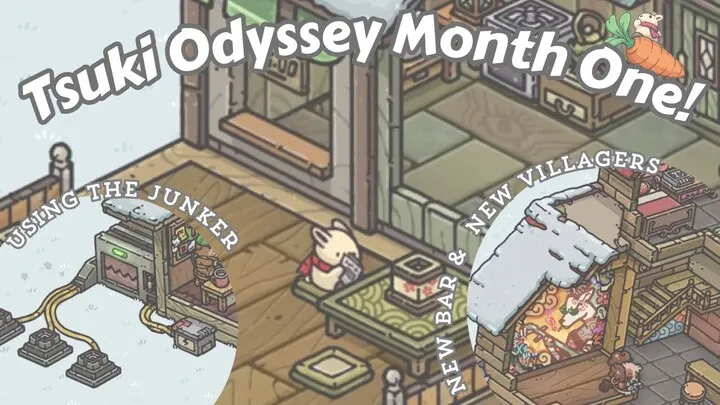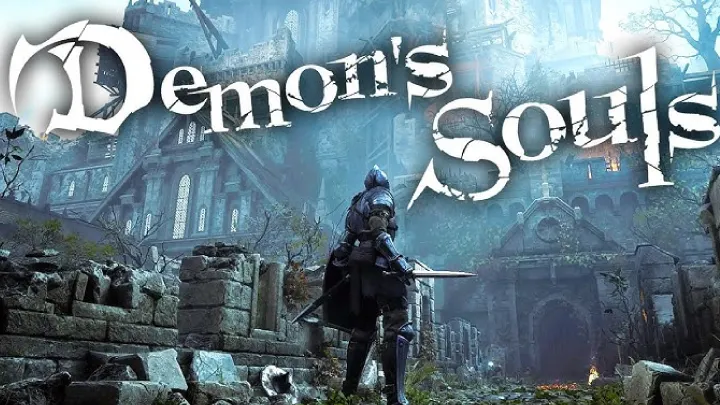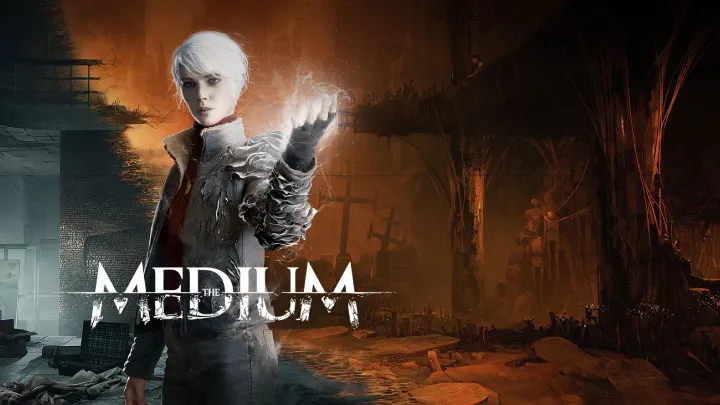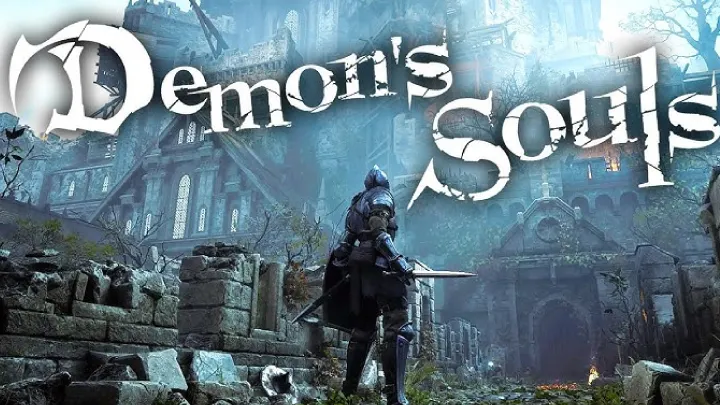
Released originally in 2009 and remade in 2020 by Bluepoint Games, *Demon's Souls* stands as a cornerstone of the action RPG genre, renowned for its challenging gameplay and intricate world design. The game is often credited with popularizing the "Souls" formula, which emphasizes difficulty, meticulous level design, and a unique approach to storytelling. Central to the Demon's Souls experience is its punishing difficulty, which not only tests players' skills but also explores deeper themes of resilience, failure, and triumph. This article will delve into how Demon's Souls utilizes its difficulty as a narrative device, examining the psychological implications of its gameplay mechanics and the emotional journey of players as they confront the game's formidable challenges.
The Foundations of Difficulty in Demon's Souls
Defining Difficulty in Gaming
Difficulty in video games is often measured by the challenges presented to players, including enemy encounters, environmental hazards, and resource management. In Demon's Souls, difficulty is intricately woven into the fabric of the gameplay experience. The game does not simply present challenges for the sake of challenge; rather, it uses difficulty as a tool to create an atmosphere of tension and urgency.
The Challenge of Learning
In Demon's Souls, players are thrust into a world where every mistake can result in death. This harsh reality serves as a learning opportunity. The game encourages players to learn from their failures, adapt their strategies, and develop a deeper understanding of the mechanics at play. Each encounter becomes a lesson in patience, timing, and skill, reinforcing the idea that mastery comes through perseverance.
The Role of Death in Demon's Souls
Death as a Gameplay Mechanic
Death in Demon's Souls is not merely a setback; it is a core gameplay mechanic that shapes the player's experience. Upon dying, players lose their collected souls, which serve as both currency and experience points. This creates a palpable sense of tension, as players must navigate the world carefully to reclaim their lost progress. The fear of death looms large, influencing decision-making and risk assessment throughout the game.
The Psychological Impact of Death
The repeated encounters with death in Demon's Souls have a significant psychological impact on players. The game’s design forces players to confront their failures head-on, cultivating a sense of resilience and determination. Each death elicits frustration, but it also drives players to improve. This cycle of death and rebirth becomes a critical aspect of the emotional journey, challenging players to push through adversity.
The World Design: An Interconnected Challenge
The Nexus: A Hub of Reflection
The Nexus serves as the central hub in Demon's Souls, allowing players to access different worlds and levels. This design choice emphasizes the interconnectedness of the game’s environments, reinforcing the idea that progress is earned through overcoming challenges. As players move between worlds, they are reminded of the consequences of their actions and the weight of their experiences.
Level Design and Player Agency
Each level in Demon's Souls is meticulously crafted to present a variety of challenges, encouraging exploration and experimentation. The environments are filled with hidden paths, shortcuts, and traps that reward players for their curiosity and perseverance. This design philosophy not only enhances gameplay but also reinforces the notion that success comes from understanding the world and adapting to its challenges.
The Importance of Strategy and Preparation
Resource Management
In Demon's Souls, players must carefully manage their resources, including health items, upgrades, and equipment. The scarcity of resources adds another layer of difficulty, forcing players to strategize and plan their approach to each encounter. This necessity for preparation fosters a deeper connection to the gameplay, as players learn to value their items and make calculated decisions.
Combat Strategy
Combat in Demon's Souls is a dance of timing and precision. Players must learn the attack patterns of enemies, exploit weaknesses, and time their dodges and parries effectively. This strategic aspect of combat encourages players to engage with the game on a tactical level, fostering an understanding of how to approach each encounter based on their build and skills.
The Emotional Journey of Resilience
Triumph Over Adversity
As players progress through Demon's Souls, they experience a profound emotional journey characterized by resilience. The challenges faced throughout the game serve as a testament to the player’s determination to overcome obstacles. Each victory, no matter how small, is a celebration of skill and perseverance, reinforcing the idea that triumph is earned through hard work.
The Reward of Mastery
The sense of mastery that players achieve over the course of Demon's Souls is immensely satisfying. As they learn to navigate the game's challenges, players develop a sense of pride in their abilities. This mastery transforms the experience of failure into a stepping stone for success, creating a rewarding loop that encourages players to continue pushing forward.
The Community and Shared Experiences
The Role of Online Features
Demon's Souls incorporates online features that enhance the sense of community among players. The ability to leave messages for other players, summon allies for co-op play, or engage in PvP combat fosters a shared experience of struggle and triumph. This connection to a broader community adds depth to the individual journey, reminding players that they are not alone in their challenges.
Shared Stories of Perseverance
The community surrounding Demon's Souls thrives on shared stories of hardship and resilience. Players frequently discuss their experiences, offering advice and strategies for overcoming difficult sections of the game. This exchange of knowledge not only fosters camaraderie but also reinforces the idea that resilience is a collective journey, with each player contributing to the narrative of perseverance.
The Legacy of Demon's Souls
Influence on Game Design
The impact of Demon's Souls on the gaming landscape cannot be overstated. Its approach to difficulty, death, and player resilience has influenced countless titles in the action RPG genre and beyond. The mechanics established in Demon's Souls have set a standard for how games can engage players through challenging gameplay and meaningful narratives.
Lasting Player Engagement
The legacy of Demon's Souls continues to resonate with players, as the game remains a benchmark for difficulty and design. Its ability to evoke strong emotional responses and foster resilience has inspired a dedicated fanbase that embraces the challenges it presents. The game's influence is evident in the ongoing popularity of the “Souls-like” genre, demonstrating that its core principles have left an indelible mark on gaming.
Conclusion: The Enduring Power of Challenge in Demon's Souls
Demon's Souls is more than just a challenging game; it is a profound exploration of the human experience through the lens of difficulty and resilience. By embracing failure and confronting the harsh realities of its world, players embark on an emotional journey that reflects their own struggles and triumphs. The game's intricate design, strategic depth, and community engagement foster a sense of belonging and perseverance that transcends individual experiences.
As players navigate the treacherous landscapes of Boletaria, they are not merely battling enemies; they are engaging in a process of self-discovery and growth. The legacy of Demon's Souls endures as a testament to the power of challenge in gaming, reminding us that through adversity, we find strength, resilience, and ultimately, victory.





